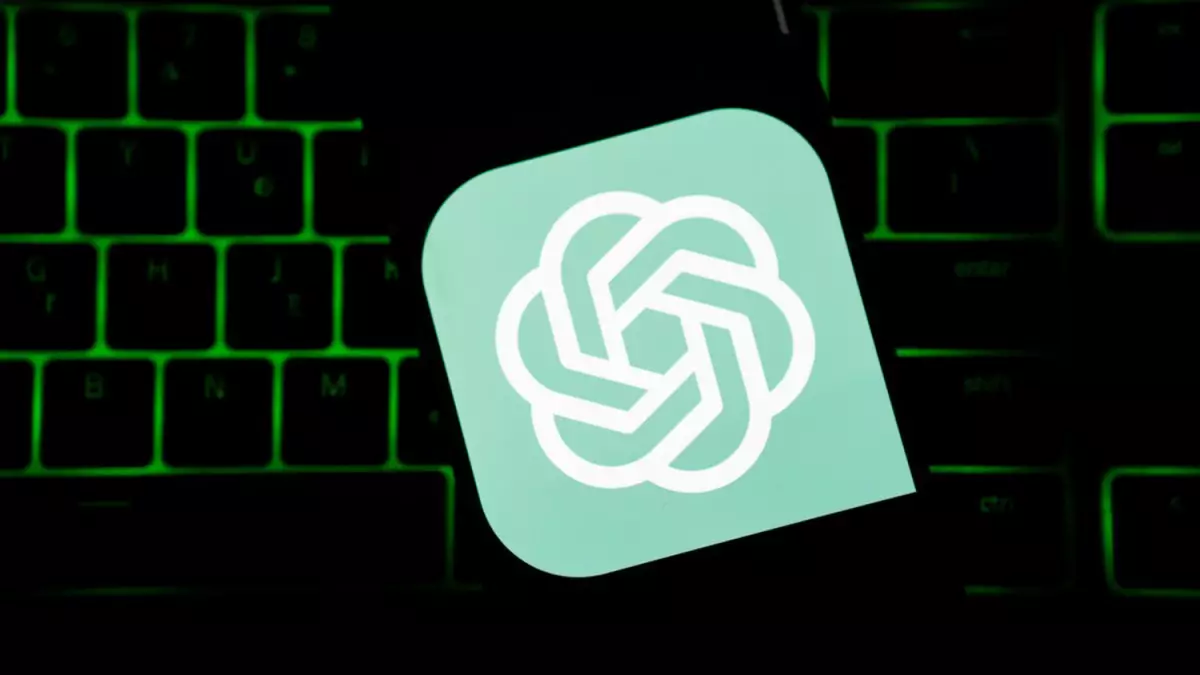OpenAI faced significant service interruptions on Thursday, revealing underlying vulnerabilities in its operational infrastructure. Starting around 11 a.m. PT, services including ChatGPT and Sora were down for an extended period, causing frustration among users who depend on these AI tools. By about 3 p.m. PT, complete functionality had not been restored, evidencing a major disruption that lasted for three hours—longer than the average downtime typically experienced by tech platforms.
OpenAI attributed the outage to issues arising from one of its upstream providers, but it has chosen not to elaborate on the specifics. This lack of transparency can lead to frustration among users and stakeholders alike. Prior to this incident, another outage occurred just two weeks earlier, linked to problems with a new telemetry service. This previous incident lasted approximately six hours, indicating a concerning trend in the reliability of OpenAI’s systems. In both instances, the company’s response lacked detailed communication regarding the root causes and the expected timeframes for restoration. Such situations expose a need for better user communication and crisis management strategies to enhance trust and transparency.
During the outage, users attempting to access ChatGPT returned error messages, indicating the widespread impact of the failure. Many users, familiar with the functionality of the AI assistant, expressed frustration over losing access to their chat history and other interactions. OpenAI reported that as of 2:05 p.m. PT, they had partially recovered services, yet lingering issues meant some users still encountered disruptions. The cumulative effect of these outages over December raises critical questions about the robustness of OpenAI’s infrastructure and the potential impact on user experience over time.
Interestingly, not all services relying on OpenAI’s API were affected. Popular platforms such as Perplexity and Siri’s Apple Intelligence integration continued operating without noticeable issues. This discernible divide suggests that while OpenAI’s core services suffered, partners utilizing their API maintained a degree of resilience. Such discrepancies highlight the importance of diversifying access to AI technology—ensuring that third-party applications can function independently may alleviate some pressures placed on OpenAI’s direct offerings.
The recent outages experienced by OpenAI serve as a critical reminder of the fragility often inherent in complex tech ecosystems reliant on interconnected systems. Continual investment in infrastructure, as well as transparent communication with users, is vital to restoring confidence. Moving forward, OpenAI must enhance its operational protocols and improve contingency strategies to mitigate the risk of future disruptions. In an era where AI services are becoming increasingly integral to daily productivity, ensuring reliability will be paramount for maintaining user trust and satisfaction.

